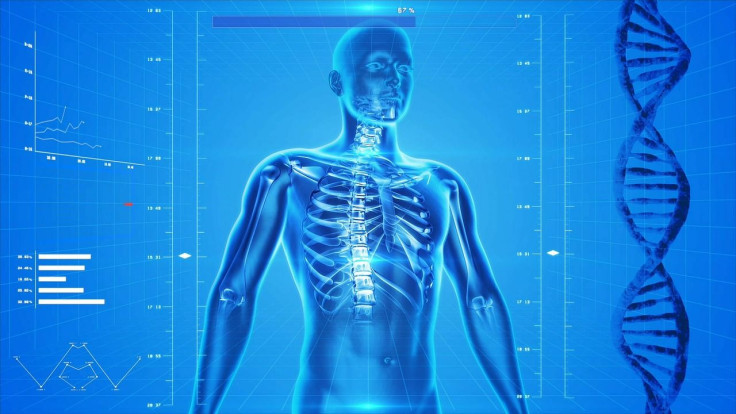Deficiency In Vitamin D Causes This Change In Your Muscles

KEY POINTS
- Vitamin D is one of the important nutrients that the body needs
- It can be derived naturally through sunlight or through supplementation
- A lack of the vitamin can lead to a certain condition in the muscles
When any part of your body is exposed directly to sunlight, vitamin D is produced. This nutrient is then absorbed by the body to be used in some vital functions. Insufficiency of sunlight can hamper the production of vitamin D and thus negatively impact critical bodily processes like muscle functions.
Vitamin D also helps in regulating the amount of phosphate and calcium in your body. These nutrients are required by your body to keep your muscles, bones, and teeth healthy.
Conditions Associated With Vitamin D Deficiency
Scientists also say that bone deformities, like rickets in children, may ensue because of lack of the sunshine vitamin. It may also cause bone pain due to a condition medical practitioners call osteomalacia in adults. Aside from bone problems, a new study has linked vitamin D deficiency to the impairment of several muscle functions.
Results of research found in the Clinical Interventions in Aging, an international journal, show that deficiency in vitamin D can lead to poor skeletal muscle functions. Most of those affected were adults aged 60 years old and above.
Data From 60+ Years Old
Findings of the research are based on examination of data from 4157 community-dwelling individuals who are 60 years old and above from the English Longitudinal Study of Aging or ELSA. Although resistance exercises have long been known to maintain and even improve muscle function, this new study suggests that having enough vitamin D may also be very protective.
According to the results of the study, muscle weakness is double the amount among older adults suffering from vitamin D deficiency. This is in comparison to those who enjoy healthy levels of vitamin D.
Also, diminished muscle performance was higher by as much as three times in older adults suffering from vitamin D deficiency when compared with those who enjoy enough vitamin D. The study also showed the related benefits of performing regular physical activities to build and improve muscle strength, as well as in improving physical performance.
When asked to comment on the findings, Maria O’Sullivan, Trinity College Dublin Associate Professor, said results show vitamin D deficiency heightens the likelihood of suffering from poor muscle function. It also affirms the protection accorded by physical activity.
O’Sullivan also said that maintaining muscle function, though often overlooked, is very important in promoting healthy aging. Addressing this issue using different approaches, including physical activity and reversing deficiency in vitamin D, can help.
© Copyright IBTimes 2025. All rights reserved.





















